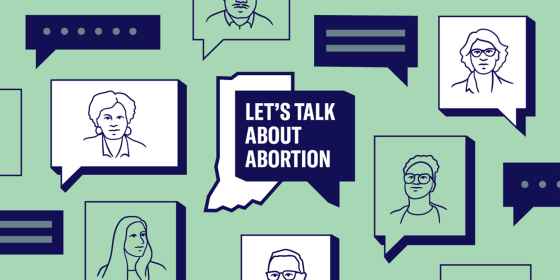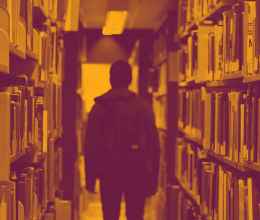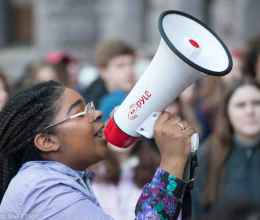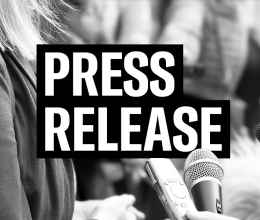It’s Banned Books Week, meant to celebrate the freedom to read, but students’ right to read and learn freely is under attack across the country and right here in Indiana.
In particular, books discussing race and gender are being challenged and banned in public schools and libraries at an alarming rate. In 2021, the American Library Association recorded a 467% increase in book challenges from 2020.
According to a new report studying book bans in America from July 1, 2021 to March 31, 2022, Indiana ranked sixth in the country for states with the most books banned. The report also found that books focusing on race and LGBTQ+ topics have been targeted the most.
The three most banned books all had LGBTQ+ protagonists or dealt with LGBTQ+ issues. Books directly addressing issues of race and racism are also at the heart of the book ban crusade, with many of the most banned books having been written by non-white authors.
As a result, schools can’t make certain books — predominantly those by Black and LGBTQ+ authors discussing issues of race, gender, and sexual orientation — available to students to learn from and explore.
The First Amendment is clear — disliking the contents of a book doesn’t mean the government can ban it.
As this spate of book bans accelerates, classroom censorship bills aiming to erase discussions about race and gender in schools are increasingly being introduced and passed across the country — including here in Indiana.
All of this leads to a chilling effect on academic freedom in our state and country.
Earlier this year, Indiana legislators proposed House Bill 1134 to ban students from having open, honest conversations about America’s history of race and sex discrimination. The ACLU of Indiana stood in fierce opposition to this dangerous bill.
HB 1134 passed the Indiana House, but ultimately failed in the Senate after backlash from countless teachers, students, parents, civil rights advocates and more who made their opposition to this harmful bill loud and clear.
Reading and sharing ideas helps students grow. Every young person should be able to read and learn about the history and viewpoints of all communities, including their own identity, in and outside of the classroom.
This wave of book bans and censorship legislation is attempting to erase the legacy of discrimination and lived experiences of Black and Brown people, women and girls, and LGBTQ+ individuals. And it’s refusing to let students think for themselves.
Since its founding, the ACLU has opposed censorship in all its forms. We believe in an educated citizenry and a society where ideas are openly disseminated, discussed, and debated.
The right to free expression includes the freedom to read and learn, free from viewpoint-based censorship. We will continue to defend that right.






